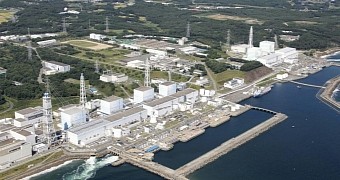Windows XP support was ended in April 2014, but despite the obvious security risks of running an operating system that no longer receives updates and patches, plenty of users and companies are still refusing to upgrade.
Tokyo Electric Power, the company in charge of Japan’s Fukushima nuclear plant, is one of the organizations that still consider Windows XP secure enough to be used on their computers without even a custom support contract with Microsoft.
In other words, the computers that TEPCO is using to control the nuclear plant received absolutely no update or security patch in the last 12 months.
Fortunately, Japan’s Board of Audit, which conducted an investigation to determine how the company is actually spending its money, discovered that all TEPCO computers are still running outdated software and warned of the security risks that such a decision could create.
“The company decided on its own to delay the upgrade”
It turns out that the nuclear plant operator decided on its own to delay the upgrade because it needed to cut costs and their own estimates pointed to a saving of around $30 million (25 million euros) if the 48,000 computers they own would have remained on Windows XP until 2018, AFP reports.
“The company decided, on its own initiative, to move up the deadline to update the software due to system security concerns,” a company spokesperson was quoted as saying.
TEPCO is not alone when it comes to companies and organizations that are still running Windows XP. According to third-party stats, more than 12 percent of the desktop computers across the world are still running Windows XP, despite the fact that support was ended 12 months ago.
The upgrade from Windows XP to a newer Windows version would require hardware upgrades as well, and this is often the main reason why some companies decide to stick to the ancient Windows build.

 14 DAY TRIAL //
14 DAY TRIAL //